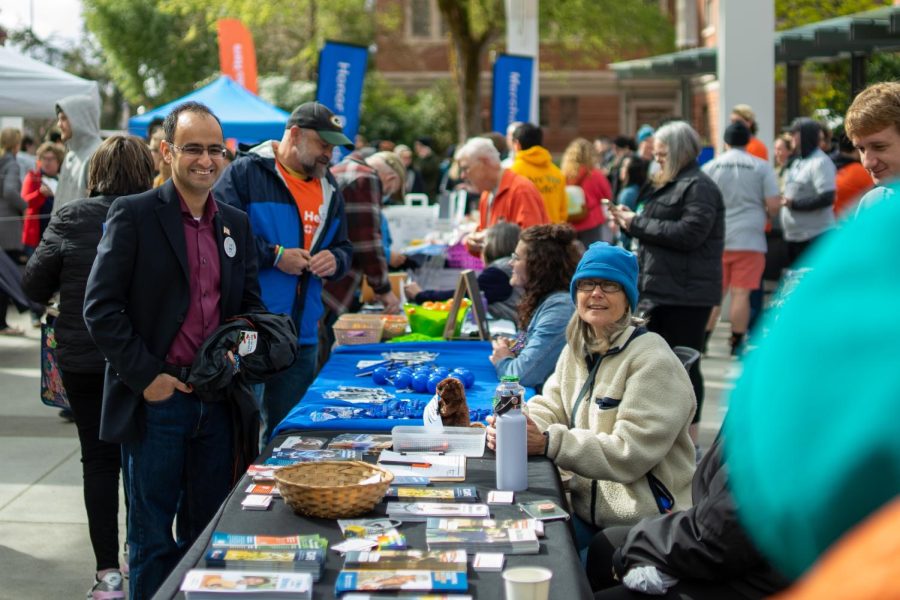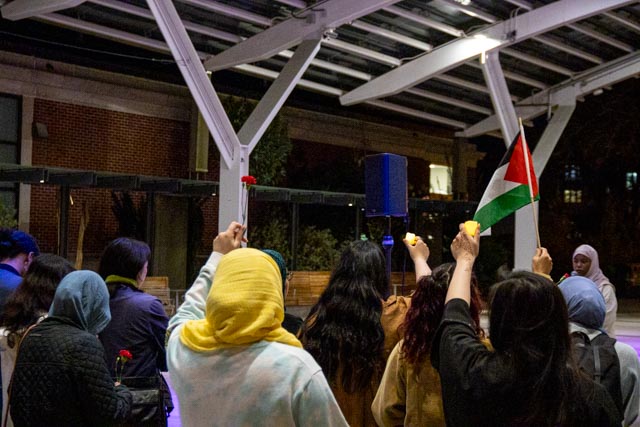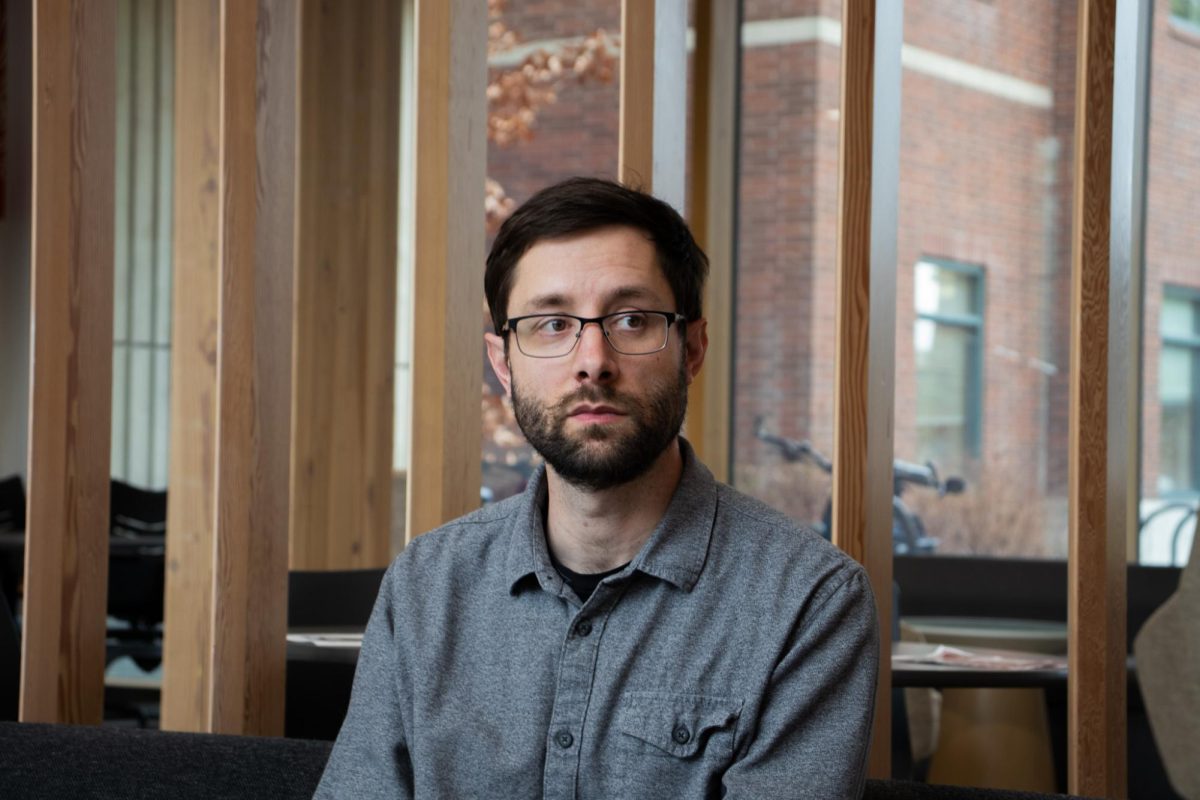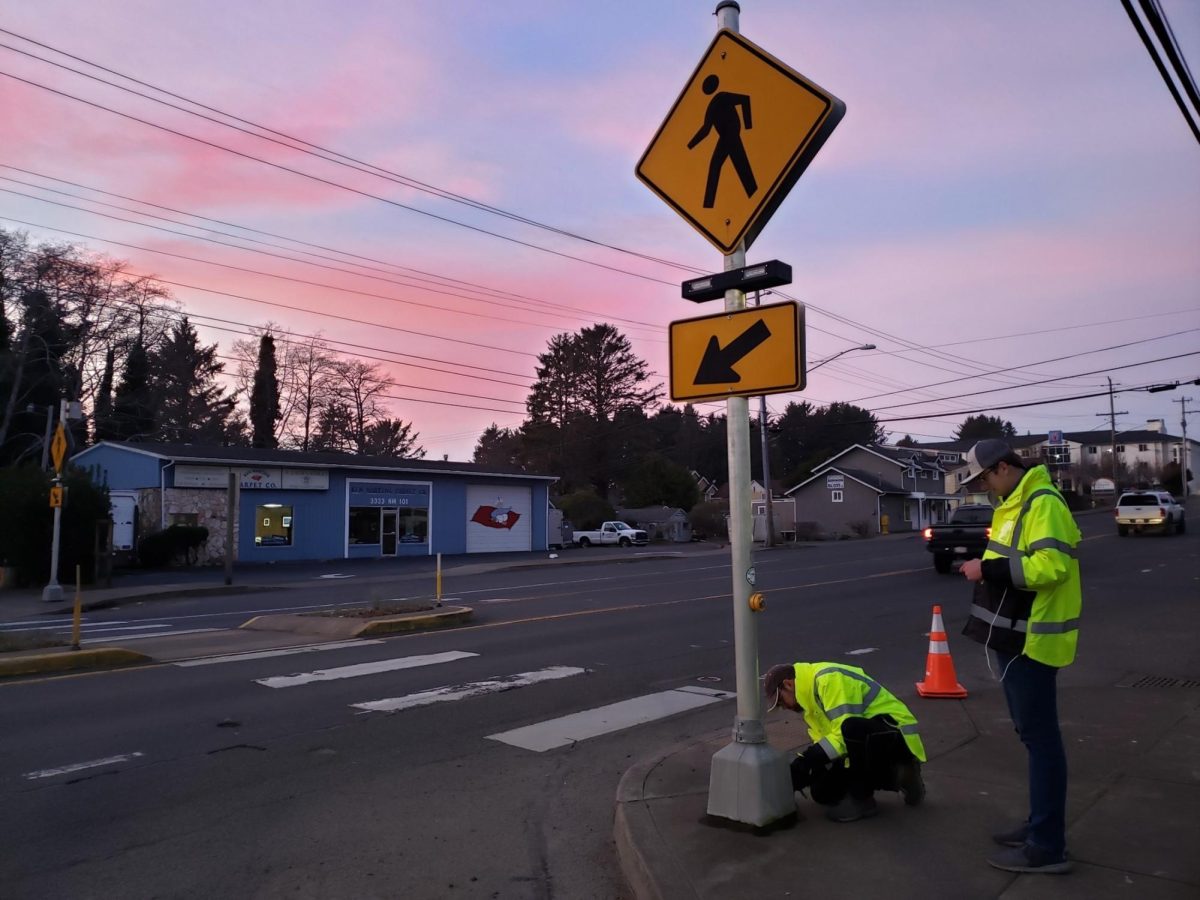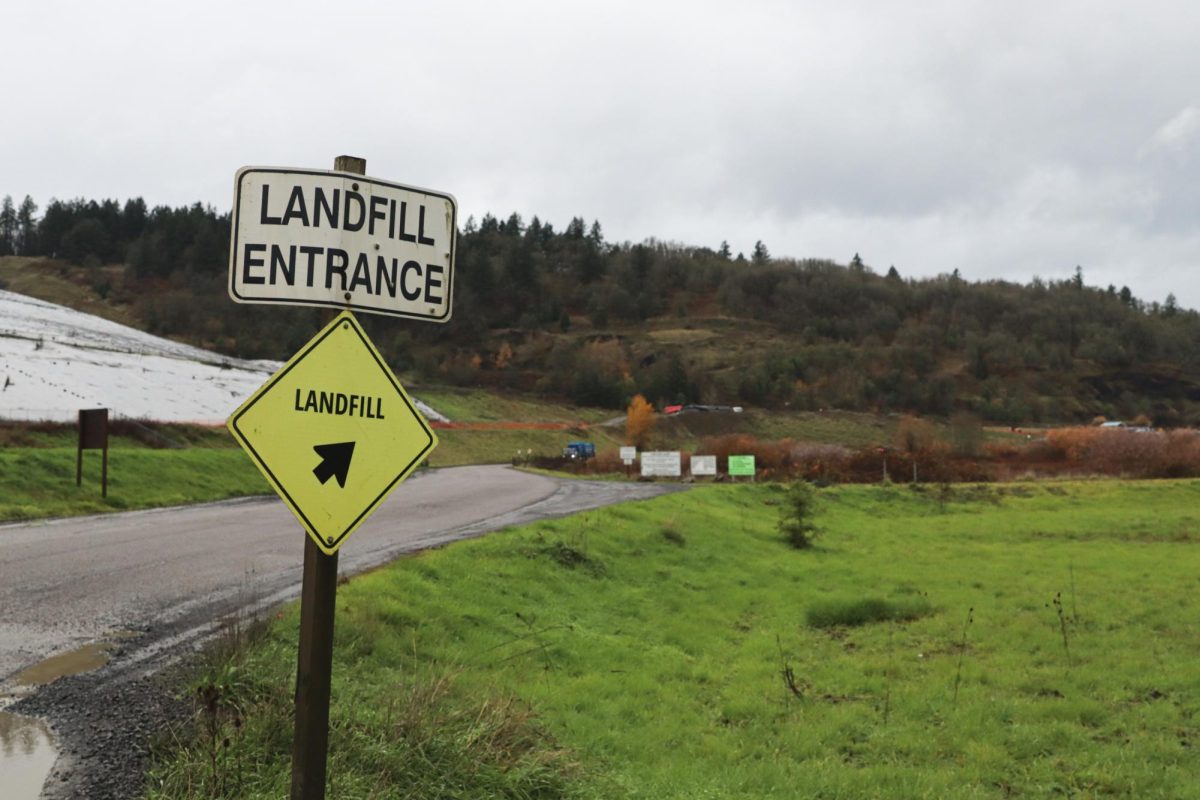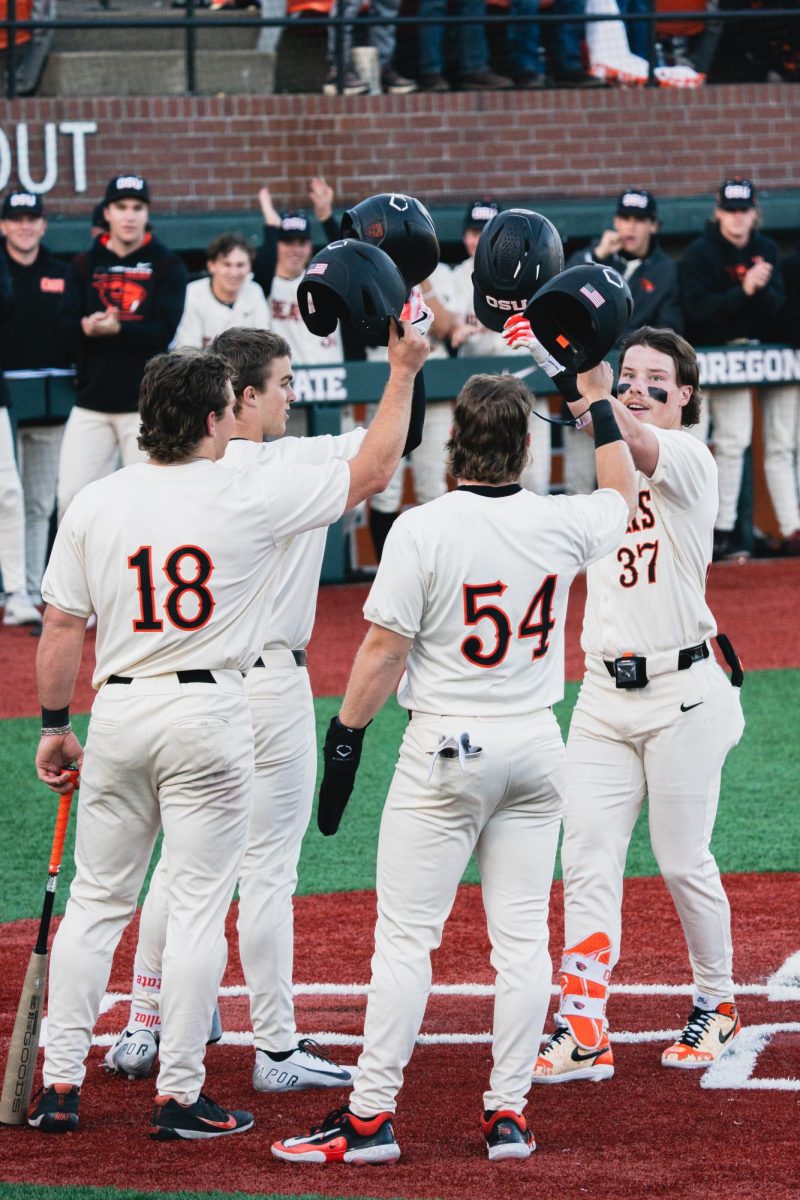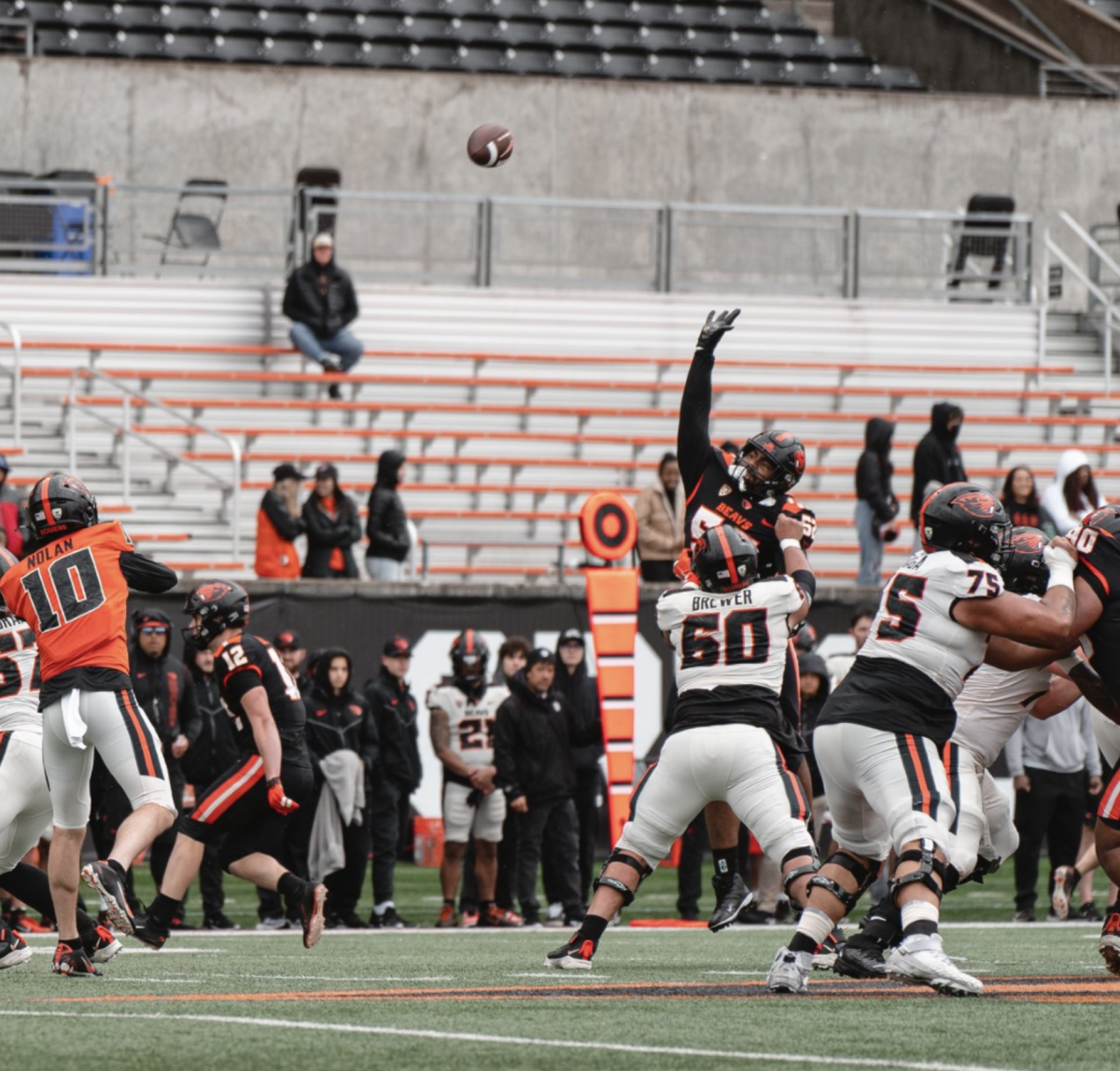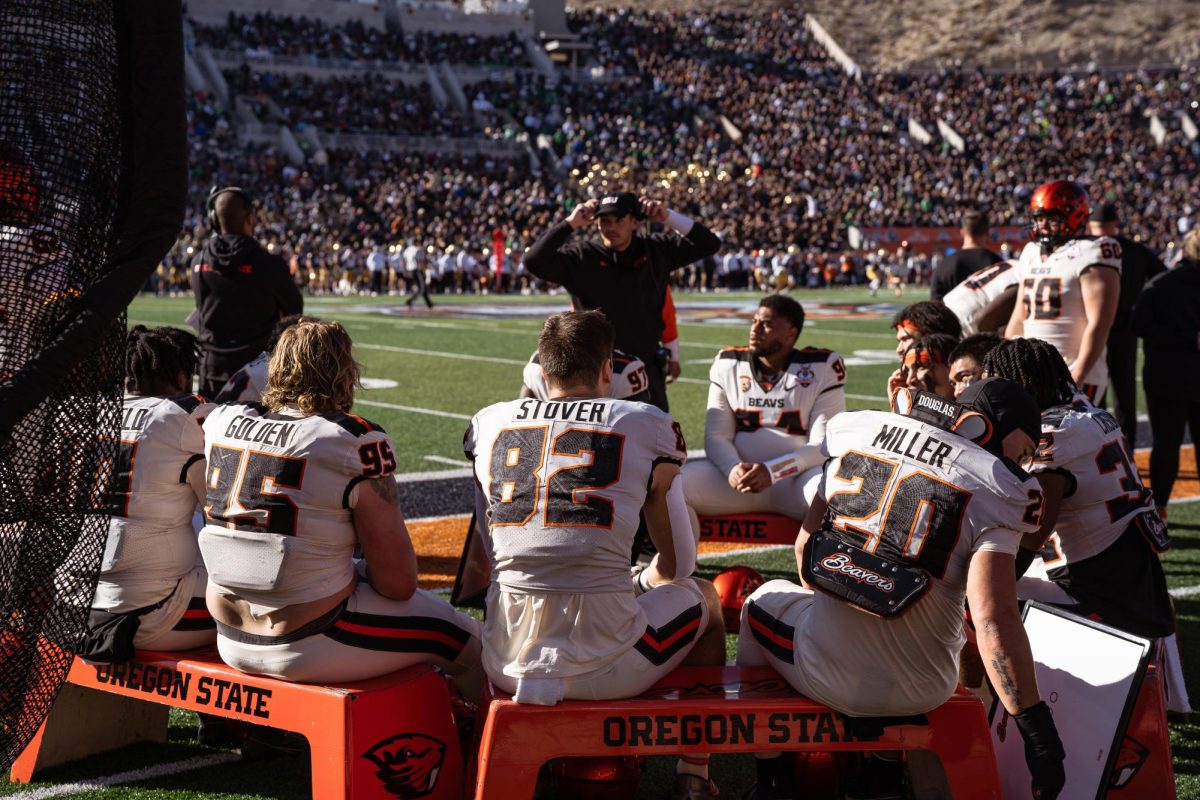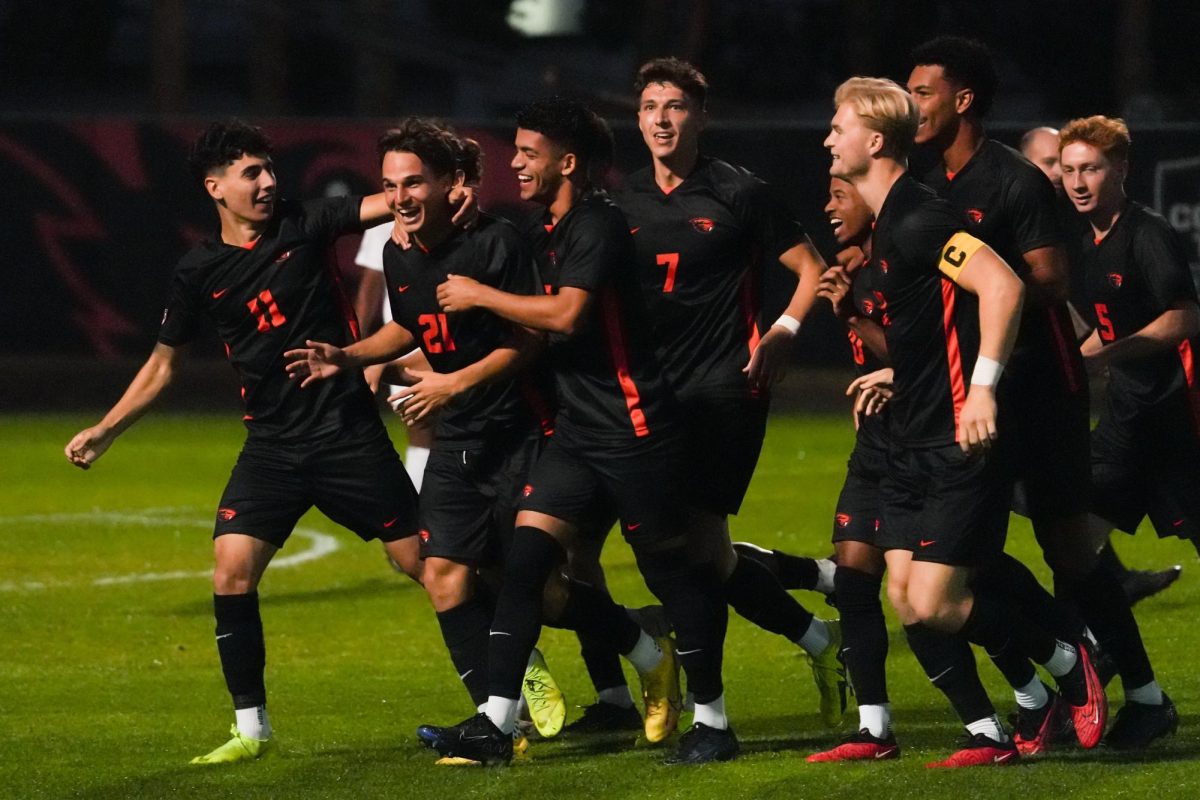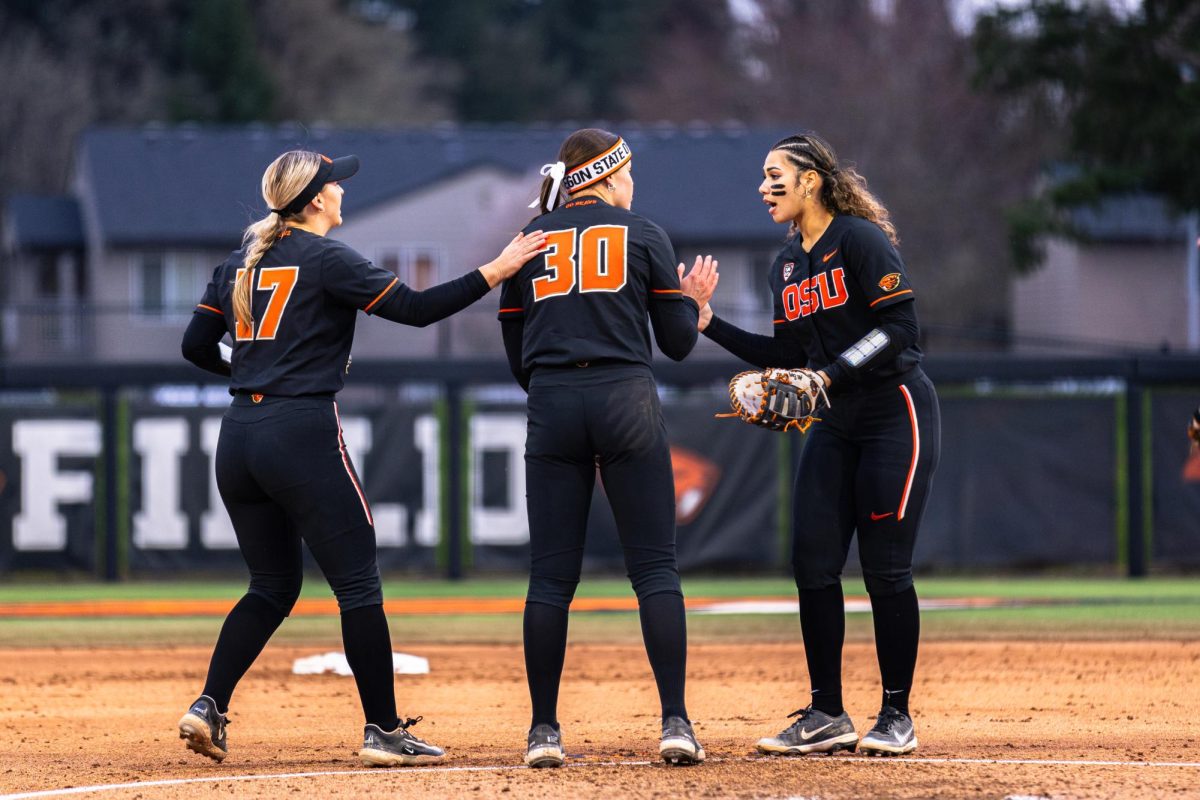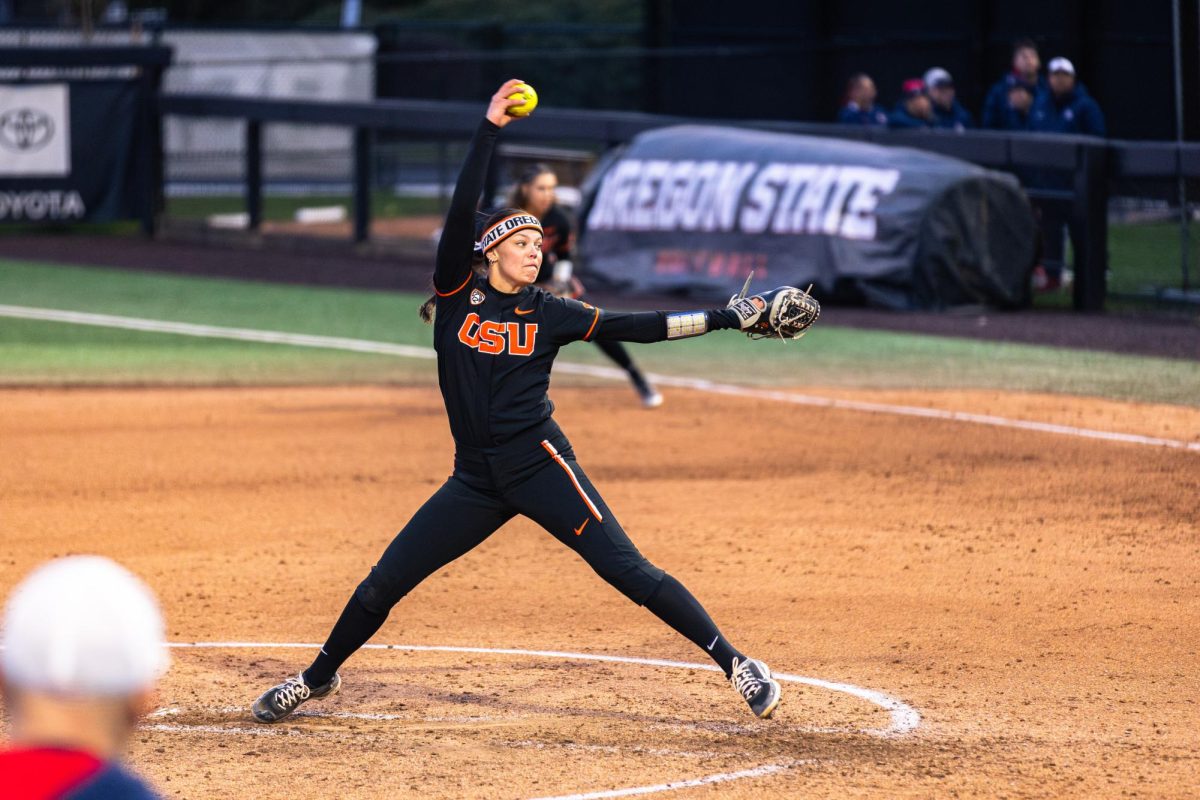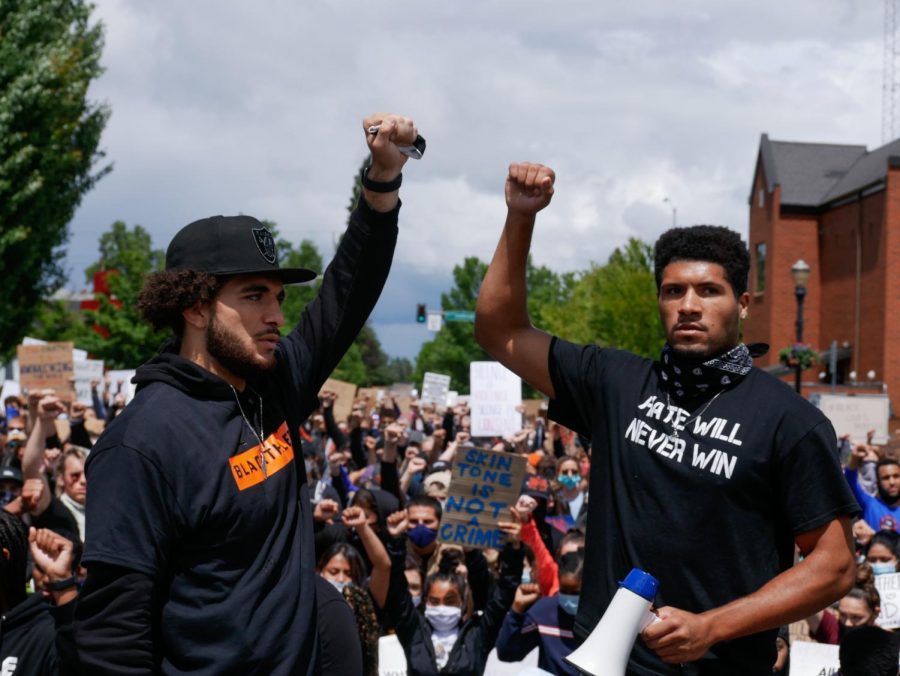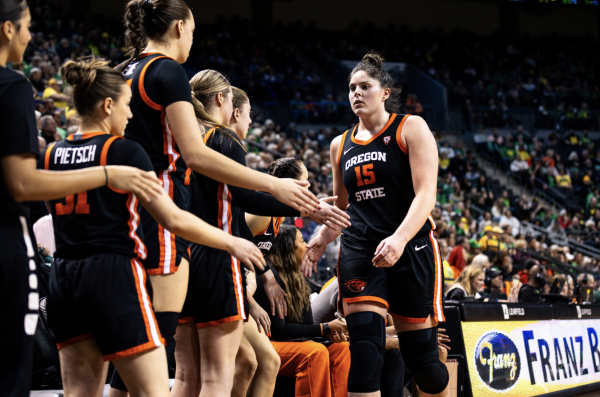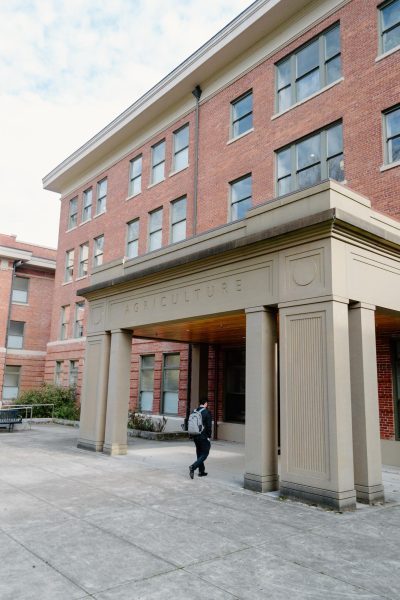Strive for continued action, changes following this year’s ASOSU elections
April 11, 2016
Looks like we’ve survived another student government election season.
The Associated Students of Oregon State University elections have concluded with the preliminary results showing that the ticket of Rachel Grisham and Brett Morgan have won with more than 40 percent of the overall vote count, according to official voting documents from the ASOSU elections website. Joshua Kaufman, following a close election, was also selected as Speaker of the House.
In addition, our student government will see a variety of incoming House, Senate, student fee committee members and other student representatives to follow.
So what could happen next and what will this mean for the future of OSU students?
I’ll tackle the “ugly” side of politics first with the following answer:
Not a whole lot.
Student tuition costs, fees and other miscellaneous expenses will remain as they are, assuming someone upstairs (“upstairs” being the administrators in Kerr and the Oregon legislature) does not find a new, elaborate reason to raise university prices or cut state funding.
It’s already disheartening to see how the State of Oregon has classically paid more for corrections than higher education. Data from the Henry J. Kaiser Family Foundation, which appeared in an October 2015 article from The Washington Post, ranks Oregon as No. 2 in this regard.
Task forces will have little, if any, impact on the continued founding of new programs, initiatives and engagements on campus.
Finally, the elections processes, student attendance at rallies, student legislative meetings and student government events will remain low.
Again, this is arguably the worse case scenario, assuming that the majority of students remain apathetic and student leaders receive no additional support from administrators.
None of this should be expected or accepted, especially if student voter turnouts continue to improve.
Now, let’s talk about the good that could happen.
Grisham, Morgan and their administration could continue to extend their hands out to other campus organizations in an effort to engage more students and student organizations than ever before.
Programs such as OSU Divest, which seeks to cut down on fossil fuel companies that the university supports, would continue to reflect what task forces can be capable of.
The more students that rise up and send a message in regards to their desires and needs, the more impact and action we’re likely to see from our government and administration.
This could affect everything from tuition prices to textbook costs and other student funding woes.
I’ve personally seen a good handful of students participate inside and out of student government organizations, but we still need more.
The less students who interact with college-level politics and reach out in some way, shape or form to make a difference, the more our university and state leaders will only see this as a sign of apathy.
So to Grisham, Morgan and all the other incoming student representatives, I ask you this:
Please stick to your word as best you can, and always reach out for more.
Don’t think of this as “just another resume booster,” but as an opportunity to truly represent students on a greater scale and seek out greater amounts of change to help benefit students in the years to come.
Prove to any naysayers or doubters (not just limited to news publications or political opposition forces) that you’ll make this the year that things finally turned around.
And as for the candidates who did not win their desired seats, continue to get involved in your campus community. I heard some great points brought up during the ASOSU election debates, but that’s just it: We’ve heard great points for years.
When the lip service ends, we don’t often see too much more outside of arbitrary funding conflicts and “committees on committees” (yes, this was a thing at one point).
It’s time for some bigger changes.
Make this the year.
The opinions expressed in Bassinger’s column do not necessarily reflect those of The Daily Barometer staff.


